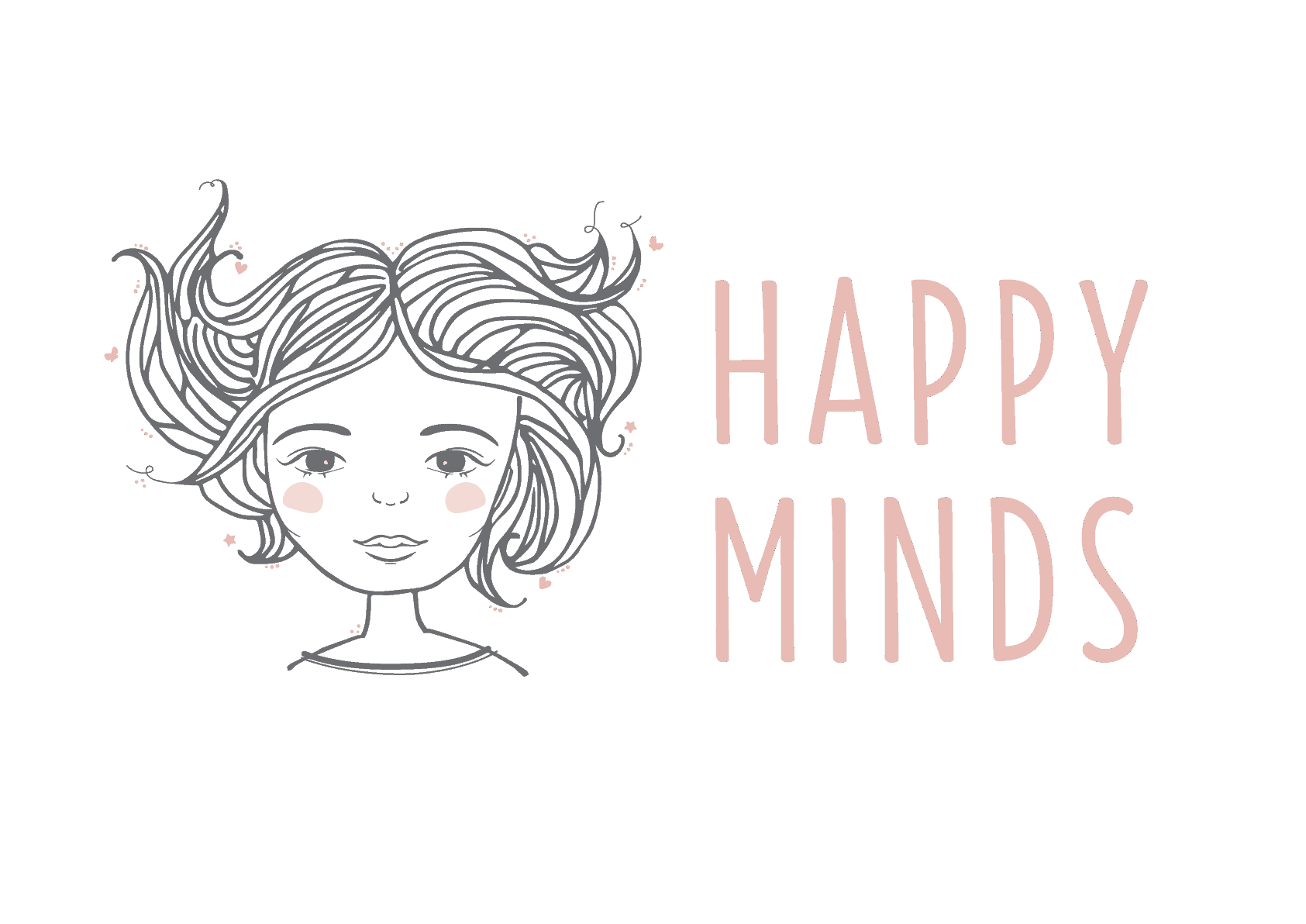Hoping for the best, but expecting (and preparing for) the worst? When it comes to contemplating a healthy pregnancy after prior perinatal loss, or after multiple rounds of IVF, one coping strategy is to distance yourself from any feelings of anticipation or excitement. This protection of feelings is known as ‘emotional cushioning’, and can involve an avoidance of prenatal bonding or thinking too deeply about the future with this baby. Trust in a successful pregnancy has been well and truly broken.
Signs of emotional cushioning
While many expectant mothers will experience some form of emotional regulation as a self-protective mechanism, the sense of vulnerability felt by mothers who have experienced the loss of a baby in a previous pregnancy can dampen all hopeful expectations around a new baby. The pregnancy becomes not a time for positive emotions or joyful plans, but instead a time for hypervigilance. The ‘cushioning’ in the term is like a padded room, whereby the pregnancy and its emotional aspects are compartmentalised for as long as possible, avoiding emotional attachment and thus the accompanying pain should another loss occur.
Some signs that you may be relying on emotional cushioning as a coping method:
- Hope is always kept at arm’s length – and is not to be invited closer!
- You’ve delayed telling family and friends that you’re pregnant
- You’re waiting until bub is born to buy baby clothes or furniture
- You actively stop yourself from thinking about and planning for the future of this baby
- You feel as though if you talk about or get excited over this pregnancy that somehow you could ‘jinx’ it.
Coping with the coping mechanism
Emotional cushioning is a protective mechanism, and for some women it may help them feel in control of an anxiety-ridden experience. If the cushioning is increasing your stress levels rather than containing them, however, or keeping you from any form of attachment with your baby, cracking open the door of the padded room may be in order:
- Remember that coping perfectly all the time is not possible – be kind to yourself and know that you’re doing the best you can.
- Look for ways to manage the stress of your pregnancy that also bring a little light to your life. Journaling, yoga, meditation, gardening or gentle exercise may all be helpful. Seek out activities or hobbies that invite a sense of full immersion, or ‘flow’.
- Affirm each day and celebrate each week – pay attention to how things are going well ‘in the now’.
- Connect with a support group or online community of people who are experiencing similar struggles to recognise you are not alone.
- Identify people in your life you can trust with your feelings and reach out to them to talk. Friends or family members who were supportive during your pregnancy loss may be understanding now and allow space for you to sit with your fears and hopes.
Contact the Geelong perinatal psychology specialists
For many women, experiencing pregnancy after perinatal loss is returning to a situation that was previously incredibly traumatic. Working with a therapist who understands perinatal loss can provide a safe space to voice your anxieties and build your resilience. Our Happy Minds counselors are familiar with emotional cushioning, understand why it happens and, using evidence-based positive psychology modalities, can both abide with and gently challenge your fears. We understand that your grief and apprehension come from a place of love and pain, and we can walk beside you on this new journey into the unknown.
We can offer face-to-face consultations in our newly renovated Ocean Grove office or remote consultations via Telehealth Australia-wide. For more information and appointments, give us a call on 📞 0431 666 050, fill out our contact form to request a call back, or email us at [email protected].

